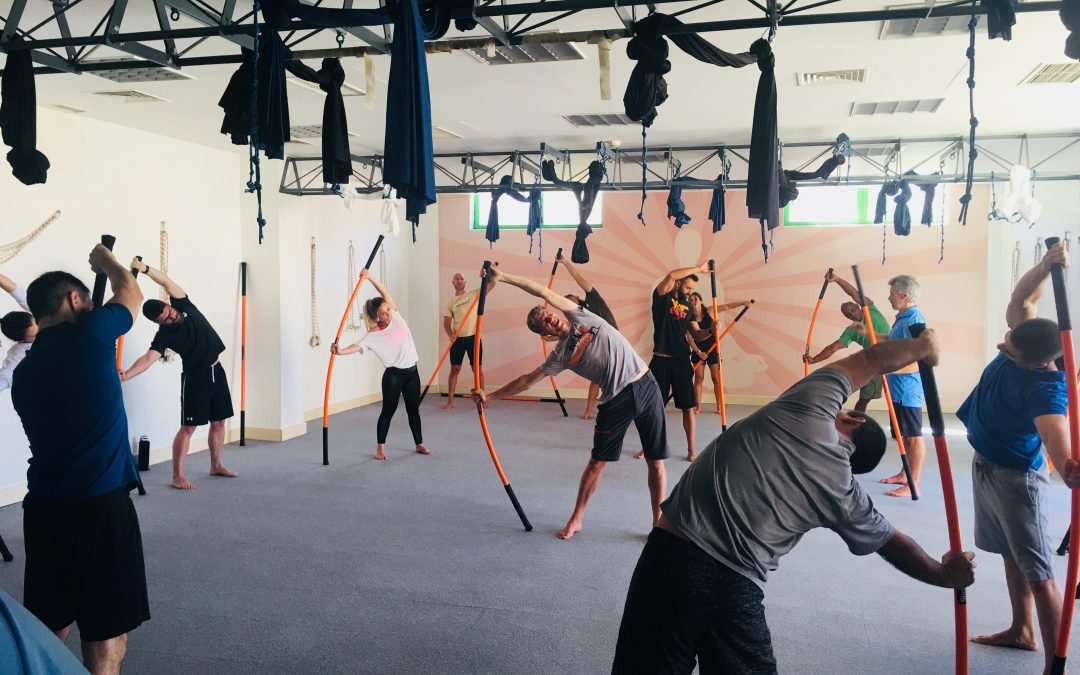Choosing the Right CPD Course…
“What courses have you taken?”
is a common, and potential deeply personal, question among healthcare professionals. As a healthcare provider we’re moulded by our experiences, our patients, our colleagues, and the courses we decide to attend – all in the hope to become better at our practice. These factors guide us in a specific direction, perhaps finding a passion we didn’t know we had, or maintaining the enthusiasm to which we had when we first devoted our lives to our careers.
“Which course should I take?”
can be a difficult question to answer, as it usually is influenced by the aforementioned question and factors, as well as our own personal biases or beliefs. Add to this the person seeking your advice, and you have a lot of responsibility on your hands! Regardless of where you are in your career; starting out day 1 bright eyed and bushy tailed, or a seasoned clinician who has seen it all, the desire to become the best at what we do is what will always make us feel inadequate while at the same time be a driving force to constantly make us want to better ourselves. If we are going to devote our already precious time to further educate ourselves we want to make sure it is worth the effort!
When I’m met with these questions I usually try to reflect on the person who is asking and give advice from there. My usual recommendation to new graduates or novice clinicians is to identify their greatest weakness in their clinical skillset and research courses that focus on these areas of need. For example, I will usually recommend courses that emphasise screens and/or movement assessments. Exercise selection and treatment (which is where most of us want to jump to) becomes a lot easier when you know what you are trying to treat.
If the clinician is more experienced, I usually ask them to list what they’re good at, and how they would summarise their clinical practice. This list could include such things as whether or not you perform manual therapy, what modalities do you utilise, and whether you currently follow a systematic way of thinking. From there, I recommend picking courses that go against their current viewpoints, rather than continually support them. As we become more and more experienced clinicians the ability to synthesize information and tailor it to each patient’s need becomes the biggest difference in value between providers. The more views we can hear, acknowledge, and attempt to integrate with previous experience helps us not only create ideas for ourselves but allows us to ask better questions.
How do you know you went to a good course?
Education is not a destination but a journey. Did you leave with more questions, a burning desire to seek more information on your own, and feeling of eagerness to get back into your office? If so, I believe you’ve made the right choice. Fear not, if you do not leave with the previous emotions or feelings then you now know who might be better suited for this course, and now you have the power to guide other clinicians and professionals who seek your advice in the future.
Is that it?
No of course not. I’ve been teaching for almost 10 years and have seen many factors affect the way we teach and learn. Other factors can depend on HOW you learn and WHERE you feel most comfortable. If you are a visual/auditory learner, then courses that are predominantly lecture-based (and where the amount of people would not matter) could be optimal. Alternatively, if you know you learn by doing, courses that offer more labs and better speaker to student ratios will become important considerations. Course locations are important to consider as well. If it becomes a hassle to get to a destination it already sets you up for a negative experience around that course.
While there is probably no such thing as a “perfect course” you can set up an environment for success by knowing a bit more about yourself and not being afraid to be challenged in the process.
Written by Dr. Joe LaVacca Physical Therapist and Functional Strength Coach. Joe is also part of the RockTape teaching team in the US.
